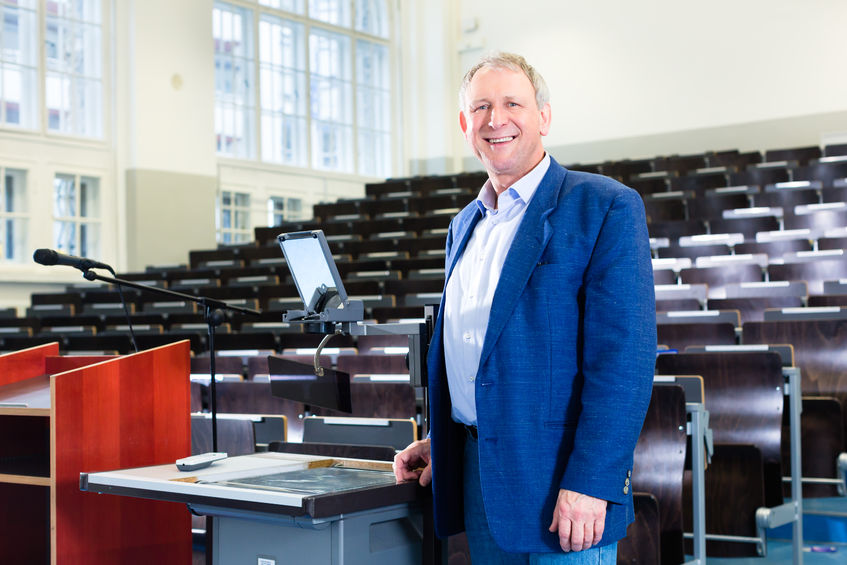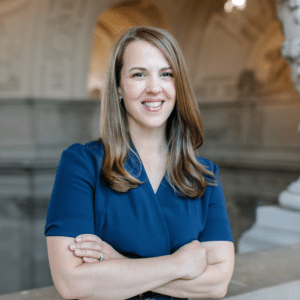
By ProFellow Founder, Dr. Vicki Johnson
Established in 2001, the Fulbright Specialist Program, now administered by World Learning, provides funding for Specialists to undertake projects abroad. Project opportunities are designed by foreign host institutions from over 150 countries and other areas and are offered year-round, for a duration of two to six weeks. Program participants are provided with full funding, including round-trip airfare, visa fees, lodging, meals, a daily honorarium, transit allowance, and a limited health benefits plan. Both university faculty members and highly experienced non-academics, including legal experts, business professionals, artists, scientists, and journalists are eligible to apply.
When a Fulbright Specialist application is first approved, the applicant is added to a Fulbright Specialist Roster for a three-year tenure. They then remain eligible to be matched with a project at any time during their tenure. As Specialists are matched with projects based upon the needs of host institutions, there is no way to predict when or if that match may occur. Candidates selected for consideration on a project will be contacted to verify their availability and interest. Keep in mind that host institutions lead the project development process. While Specialists are permitted to explore collaborations with potential host institutions, host institutions will ultimately elect a Specialist of their choosing. Host institutions must include a strong justification for the need to work with their selected candidate. Individuals who are approved to join the Fulbright Specialist Roster are not guaranteed to be matched with a project during their tenure.
To better understand this process, we spoke with several current and former Fulbright Specialists. They shared some tips with us regarding finding a host institution, and successfully getting matched with a project. Here are the insights they shared with us.
Robin M. Chandler, Fulbright Specialist in Liberia
“I’ve been a Fulbright Scholar, a Fulbright Specialist, and am now a Fulbright Peer Reviewer of several years. It is wise to identify contacts at your desired host institutions first, as mentioned. They should be able to advocate for you with local State Departments, but applicants should also have connections to local NGOs/research agencies, and those governmental Ministries relevant to your research. If you can demonstrate that there is a broad-based interest and need in your work across sectors, your application is strengthened.”
Doug Mitchell, Fulbright Specialist in Chile
“I’ve done three international fellowships, and all three were to the same place, Universidad Católica de Chile in Santiago. Here’s the part that I think makes my experiences a little different. After my initial stint in Santiago in 1997, the school requested I return. So, the school applied for funding through USAID in 2003, and I was able to go back to Catolica for three weeks that year. Then, in 2007, Catolica wanted me to come back again so this time, I applied to Fulbright, and the Catolica applied to Fulbright Chile, requesting I return. The school itself kept asking me to come back and found other means/programs to make that happen. Yes, my experience is quite unusual.
BUT, here are three suggestions based on my own personal experiences and having spent nearly five years as a peer reviewer for Fulbright as well as a grant reviewer for the International Women’s Media Foundation:
- I think it’s best to decide before you apply, where you think you can best add value and then work to build relationships with those specific places. Generally, it’s far easier to accept a proposal where the applicant has already built some relationships with a potential host or hosts.
- Pitch a specific project. My Fulbright involved working to integrate journalism teaching curriculum into a live, 24/7 Internet radio station and assisting with that station’s inaugural launch. I also taught a weekly lab. My pitch to Fulbright and La Catolica’s pitch to Fulbright Chile were in sync. They asked for me, and explained why, and I asked for them, and explained why.
- If you have already been accepted, work with the sponsoring organization to come up with a short list of places that have either asked for help and/or have a track record of hosting international fellows. I think it’s really important for the applicant to both declare flexibility and suggest placements and why. Each side wants the relationship and the work done to have significance.”
Terry Anzur, Fulbright Specialist in Maldives
“Becoming certified as a Fulbright Specialist is no guarantee that you will actually be invited to a host institution. Many colleges and universities are looking for someone to teach for a full term, while specialist grants are typically much shorter – 2 to 6 weeks in duration. The other obstacle is that the host institution must fill out the necessary paperwork. In some countries, “Please fill out this form for the US government,” may not be met with a positive response. It could be something as simple as a lower-level official not feeling qualified to fill out the form, or needing the approval of higher-ups.
I was looking to return to Maldives, where I had previously worked for the Maldivian government to teach public broadcasters. I was fortunate to win a grant from British Airways to travel to Maldives and assist college officials in filling out Fulbright forms for a Specialist project. Once the Fulbright Specialist project was approved, I received an additional grant from the State Department to teach another program in Sri Lanka as part of my project in 2010. After that, I was not able to find another host institution before my time on the Roster ran out. However, being a Fulbright Specialist helped me to apply for a teaching grant in Pakistan a few years later. I also returned to Maldives at the request of the US Embassy in Sri Lanka. My advice to future applicants would be to cultivate relationships with others in your field at the institution where you would like to be hosted. Don’t just wait to be invited from a “list.” You have to be proactive.”
Tobie Stein, Fulbright Specialist in Israel and Taiwan
“My expertise is teaching Leadership and Development for the Nonprofit Sector. In both cases, I had relationships with the universities abroad. I spend a lot of time working with international universities. One university invited me to come as a Fulbright Specialist; the other was receptive to hosting me since I had a class that fit within the curricula.”
Susan Dray, future Fulbright Specialist in Namibia
“I’m on the Specialist Roster but haven’t yet gone. The plan is for me to go to the Computer Science department at the Namibia University of Science and Technology sometime in 2018. One of the women I mentor, Anicia Peters, is now Dean of the Faculty of Informatics and Computer Science there. Dr. Peters was once a PhD student at Iowa State, on a Fulbright Science and Technology award. We connected when I was doing a study that needed a graduate student to help at a conference. Anicia volunteered and a friendship, now mentorship, was born. We remained in touch and I look forward to working with her in Namibia.”
Jim Beirne, Fulbright Specialist in Kenya
“I was a Fulbright Specialist at USIU in Nairobi, Kenya in 2014. I am also in the process of identifying a university in Brazil where I can go in early 2018.
For my first role, when I ultimately ended up in Kenya, I reached out to my friends in my international networks, identifying my target universities. In this case, it was universities in Africa who value career services but had underdeveloped, or no, programs. I created a single page, stand-alone document that my network friends could pass on directly to people who didn’t know me, or understand the mechanics of how the Fulbright Specialist program worked, along with my credentials and why I wanted to do this program. I was hoping that they would forward it, when appropriate. Ultimately, this is exactly what connected me to the opportunity I received. USIU, based in Nairobi, Kenya, is a private university with 5,000 students. They had an interest in developing a Career Services program, contacted me directly, we set up a project, and even today I am still in contact with many of the students, staff and faculty I worked with.
You really have to self-advocate, and broadly educate, in order to achieve success. I originally thought getting on the Roster was the difficult hurdle – it turned out to be the (relatively) easy part.”
Interested in applying? Bookmark the Fulbright Specialist program to your ProFellow account, and check out all of our articles on Fulbright application tips.

Dr. Vicki Johnson is Founder and CEO of ProFellow, the world’s leading online resource for professional and academic fellowships. She is a four-time fellow, top Ph.D. scholar, Fulbright recipient and an award-winning social entrepreneur. She is the Creator and Director of Fully Funded, an award-winning online course and mentorship program for graduate school applicants seeking to find and win full funding.
© Victoria Johnson / ProFellow, LLC 2017, all rights reserved.